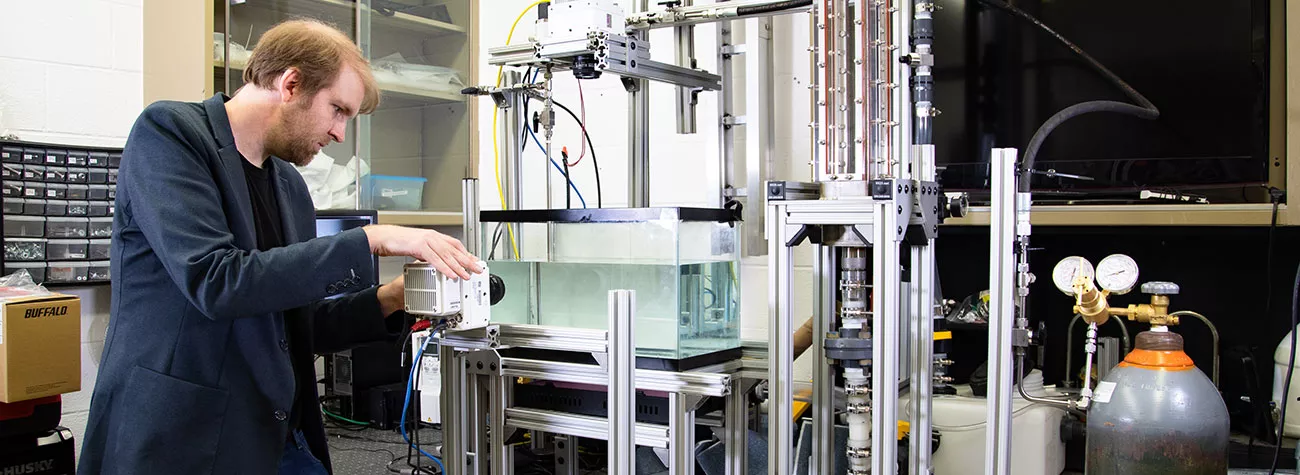
Thermal Hydraulics and Reactor Design encompasses a broad range of topics critical to the advancement of nuclear power systems. Research efforts focus on managing reactor systems and achieving a fundamental understanding of thermal hydraulic phenomena, particularly fluid-structure interactions, natural circulation, reactor safety, and flow-induced vibrations. These studies are integral to both existing and advanced reactor designs, where key areas of investigation include light water reactor nuclear fuel, core cooling systems, steam systems, power generation equipment, and safety features—both active and passive.
The research also delves into the detailed thermal hydraulic behavior within nuclear reactors, examining hydrodynamics, conductive, convective, and radiative heat transfer, and the complexities of single and two-phase flow. A significant emphasis is placed on the application of computational fluid dynamics (CFD) to optimize fluid flow and heat transfer, alongside rigorous safety analyses. The research extends to both experimental and computational aspects of thermal hydraulics, particularly concerning Generation IV reactors, such as very high-temperature and molten salt reactors, and small modular reactors. This work includes identifying critical areas of thermal-hydraulic performance loss, developing design improvements, and performing CFD verification, validation, and uncertainty analyses to ensure reactor safety and efficiency.





